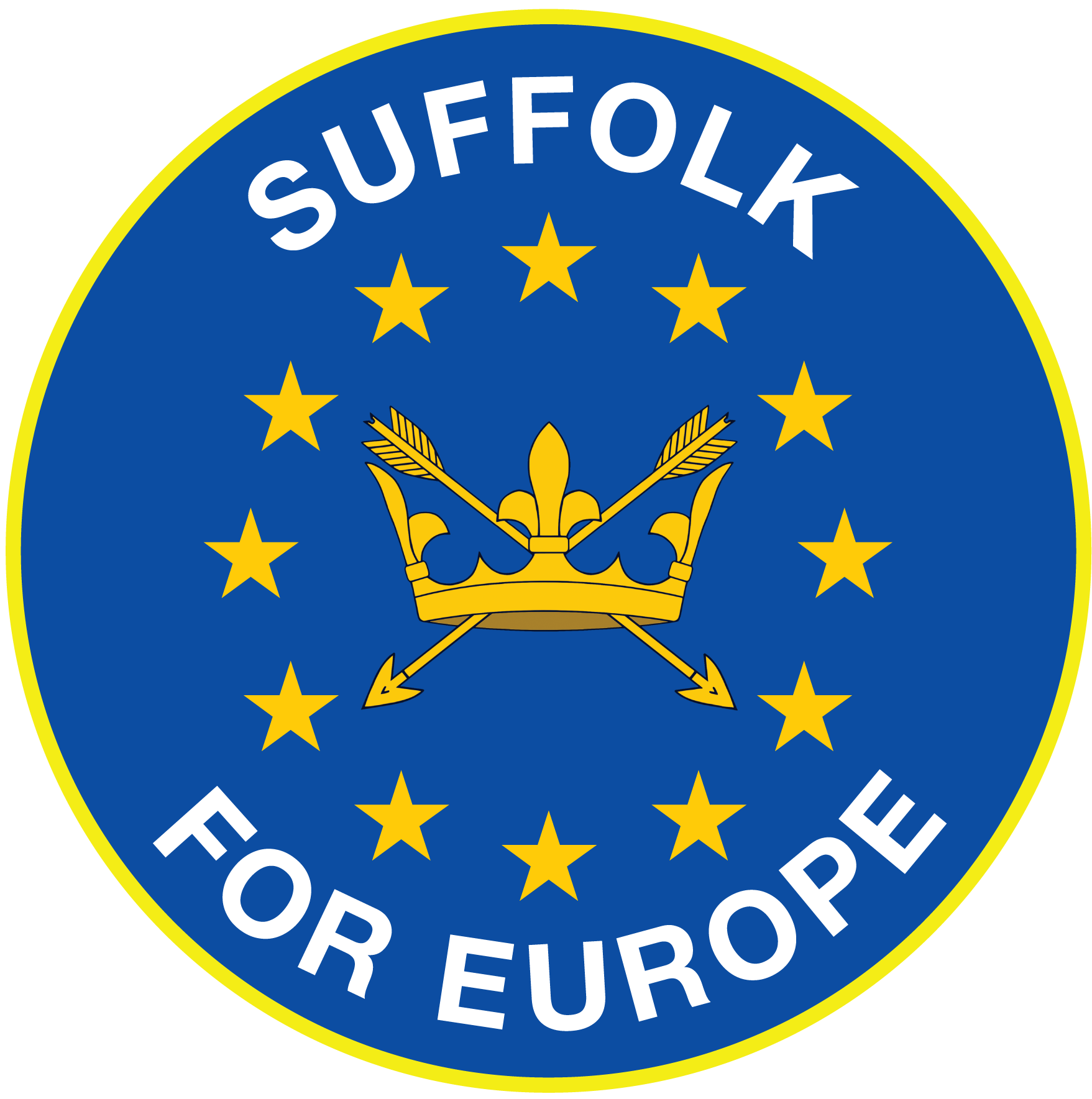By Stephen McNair (Norfolk For Europe)
When campaigning for a people’s vote I am often told that the 2016 referendum result should be respected despite the lies told by the campaigns, on the grounds that “they all lied”. Although one might argue that the more lying went on the less reliable the result, there is a clearer case.
Electoral law exists to make sure that elections and referenda are fair. They set limits on total spending, and lay down accounting procedures. They also require all money to come from UK sources.
It is true that both sides of the referendum have been found guilty of breaches of that law. However, on the remain side the total fines imposed amount to £19,250 for failing to submit correct spending returns. On the leave side the fines are six times larger, amounting to £131,000 for spending at least 10% over the legal limit of the campaign.
The Electoral Commission said: “Vote Leave has resisted our investigation from the start, including contesting our right as the statutory regulator to open the investigation. It has refused to cooperate, refused our requests to put forward a representative for interview, and forced us to use our legal powers to compel it to provide evidence. Nevertheless, the evidence we have found is clear and substantial, and can now be seen in our report.”
Furthermore, Leave.EU received a “loan” of £8 million from Arron Banks, the largest political campaign contribution in British history. The Electoral Commission believes that this came from a firm based in the Isle of Man. This makes it illegal, since its base is outside the UK, and it has refused to make the information on the source of the money public. Furthermore, the firm has failed to comply with company law, by making information (including its address) publicly available, and failing to produce the financial records required by law.
The Metropolitan Police are still investigating potential criminal charges against Vote Leave, and the National Crime Agency are investigating charges against Leave.EU
It is possible, but improbable, that money spent on campaigning has no effect on the result. It is as plausible that a 10% overspend resulted in a 7% boost to the leave vote, which would wipe out the majority.
